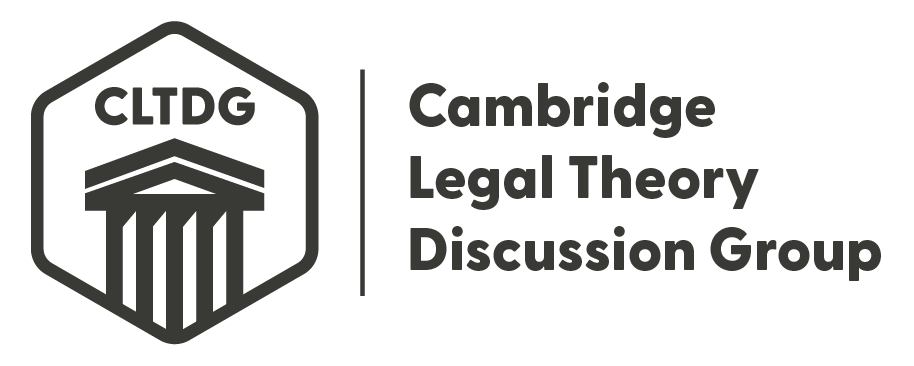 Speaker: Federico Jorge Gaxiola Lappe
Speaker: Federico Jorge Gaxiola Lappe
The actual malice standard establishes that speakers cannot be held liable for false defamatory statements about public figures and officials unless it is proved that their statements were made with actual malice, that is, with knowledge or high suspicion of their falsity. The Supreme Court of the United States’ justification of the standard portrays generally resolving the conflict that arises in these defamation cases in favor of freedom of speech as involving a sacrifice that is trivial or even merely apparent. This is so because of the Court’s claim that public figures and officials have relinquished their personal interest to their right to reputation and, particularly, because of its insistence that freedom of speech has a social dimension of paramount importance, related to the pursuit of truth and therefore the adequate functioning of democracy, that reputation lacks.
In this paper, I criticize this conception of the conflict between free speech and reputation. I argue that the Court has underdeveloped the importance of the personal dimension of the right to reputation and that its arguments intending to show that public figures and officials have partially relinquished it are unconvincing. Among other problems, they are grounded in the wrong premise that assuming the risk of being wronged is equivalent to authorizing such wrongs. More importantly, I claim that reputation also has a social dimension related to the pursuit of truth. Drawing upon Bernard Williams’ account of an informational State of Nature, I argue that reputation allows audiences to assess the credibility of speakers and therefore to determine whether they should rely on information provided by strangers with whom they have not established relationships of trust.
Appreciating such social dimension allows for a better understanding of the phenomenon of fake news. A proper explanation of how it threatens democratic practices must consider how it undermines the role that reputation plays in our information system by either diminishing the epistemic standing of people attempting to correct false information or inhibiting them from doing so. At the extreme, the proliferation of fake news can lead audiences to abandon the enterprise of using the system to obtain true information by making them believe that it is too costly or even impossible to use reputation to distinguish between trustworthy and untrustworthy speakers.
To conclude, I emphasize that the social dimension of reputation supports treating negligent dissemination of false information about public figures and officials as a serious wrong. The justification of the doctrines applicable to their defamation should make this clear and avoid expressing standards of behavior to speakers and audiences that correctly acknowledge the importance of sincerity, by taking into account knowledge or suspicion of falsity, but incorrectly fail to recognize the importance of accuracy. Such failure undermines reputation, the degree to which we are properly informed, and democracy itself.
Everyone is welcome to attend. Sessions are pre-read.
You can find the links to the paper and the meeting below.
The paper: https://bit.ly/3AfTosm
The zoom link: https://bit.ly/4h7yfkX
CLTDG Convenors, Anna Peters, Diego Romero, Anna Lukina, Çağrı Gürkanlı
You can follow us on Twitter: https://bit.ly/cambridgeltdg or check out our web-page: https://bit.ly/cltdgweb

 Facebook
Facebook  X/Twitter
X/Twitter  Instagram
Instagram  YouTube
YouTube  Flickr
Flickr  LinkedIn
LinkedIn